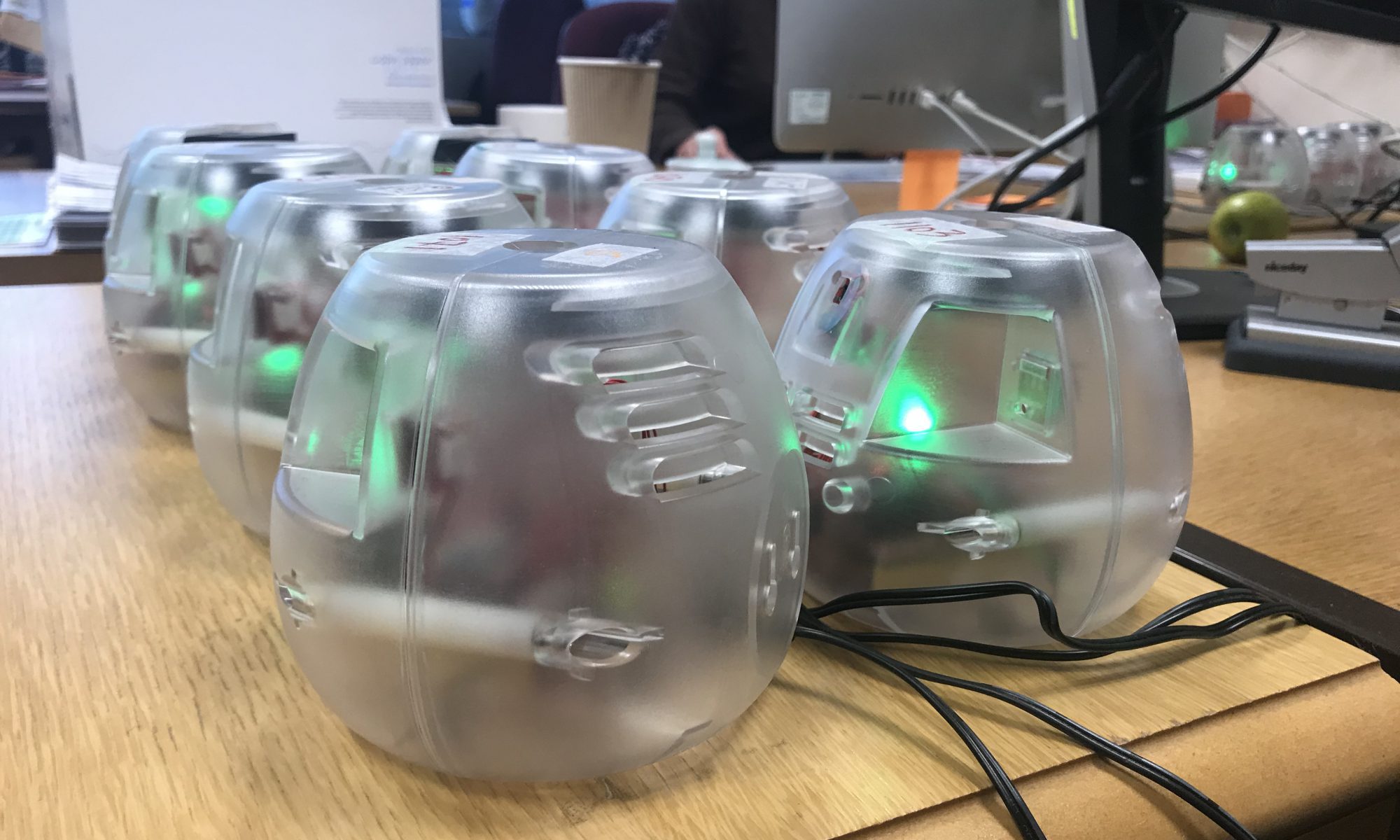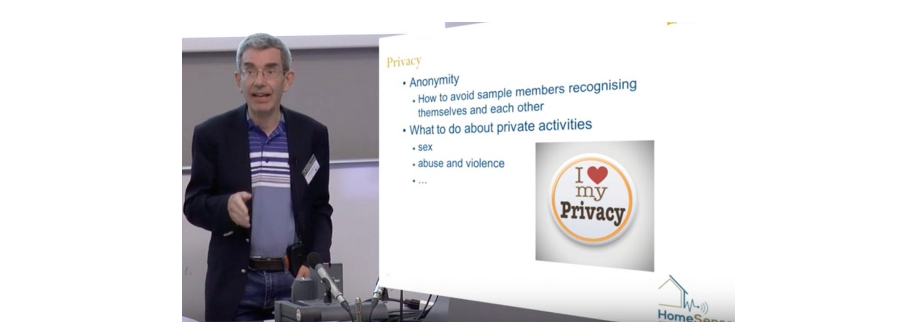Register online or contact Kristrún Gunnarsdóttir.
 The Centre for Research in Social Simulation (CRESS) at the University of Surrey has announced the short course, Using sensors in social research, Monday 10 and Tuesday 11 September 2018. Hosted at the University on Stag Hill in Guildford (see Google map), this will be an opportunity for research practitioners to learn about the use of digital sensors from members of the ESRC/NCRM funded HomeSense project.
The Centre for Research in Social Simulation (CRESS) at the University of Surrey has announced the short course, Using sensors in social research, Monday 10 and Tuesday 11 September 2018. Hosted at the University on Stag Hill in Guildford (see Google map), this will be an opportunity for research practitioners to learn about the use of digital sensors from members of the ESRC/NCRM funded HomeSense project.
Using sensors in social research will mix short presentations, interactive hands-on and exploratory sessions, group work and discussions for participants to obtain a good understanding of the technologies and operating processes required for effective inclusion and management of this method.
It will also enable researchers to ask ‘how’ and ‘if’ sensors could be used in their own research, and how to address the ethical, consent, data security, confidentiality and other issues involved. Participants will receive a certificate of attendance of this NCRM methods course.
The lessons learned and inside knowledge from the HomeSense field trial will also be presented, explaining and demonstrating the analytic tools and techniques required for visualising, interpreting and understanding household activities based largely on sensor-generated data.
Continue reading “Short course ‘Using sensors in social research’”

